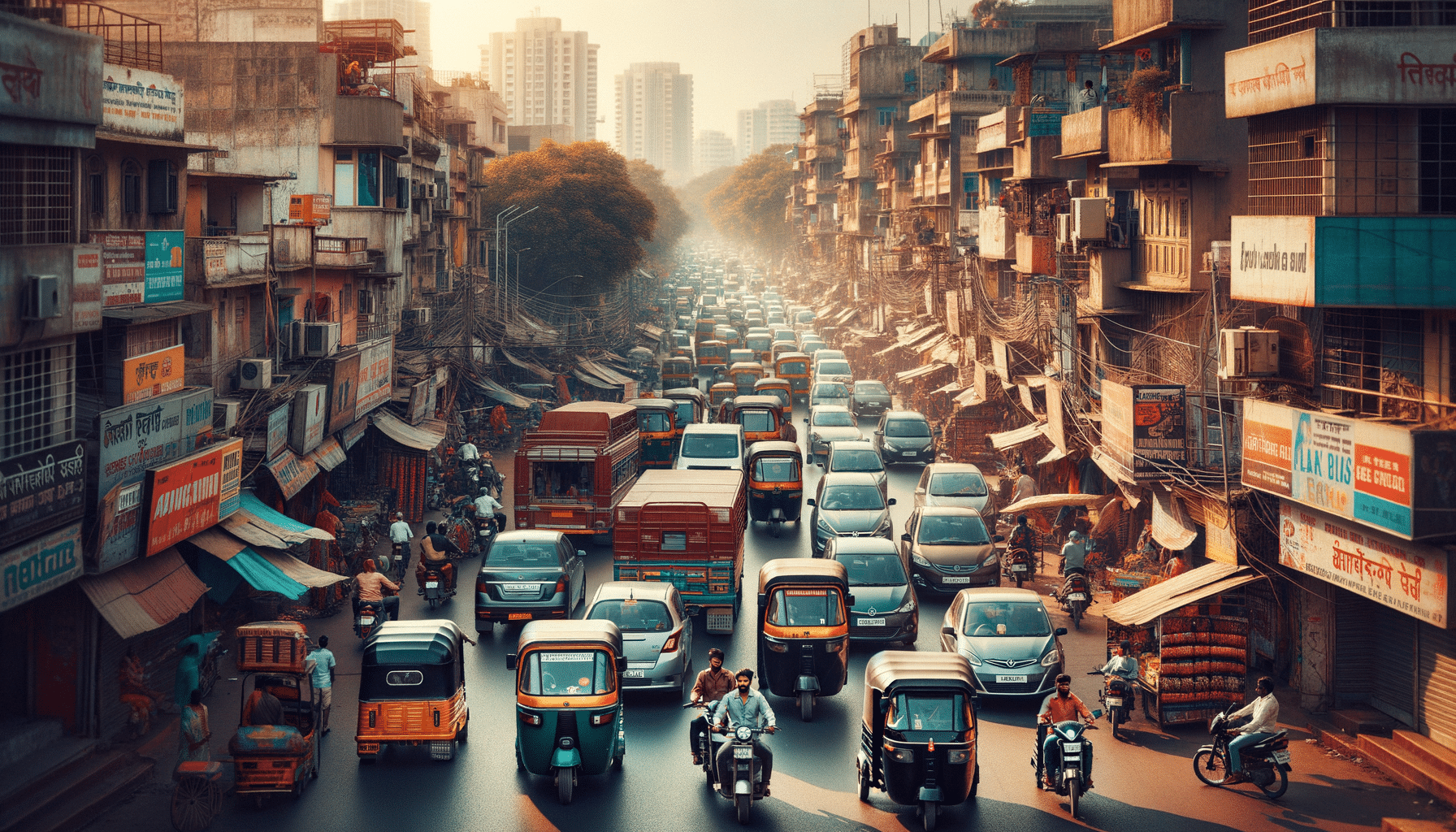
Understanding Car Insurance Policies in India
Introduction to Car Insurance in India
Car insurance in India is not just a legal requirement but a crucial aspect of vehicle ownership that offers financial protection against unforeseen events. The dynamic landscape of car insurance policies necessitates a thorough understanding to make informed decisions. With a plethora of options available, each with unique benefits and coverage, selecting the right policy can be overwhelming. This article aims to demystify car insurance in India, guiding you through the essentials, from types of policies to key features and the claims process.
Types of Car Insurance Policies
In India, car insurance policies primarily fall into two categories: third-party liability insurance and comprehensive insurance. Third-party liability insurance is mandatory under Indian law and covers damages caused to a third party, including property damage or bodily injury. However, it does not cover damages to your own vehicle. On the other hand, comprehensive insurance provides extensive coverage, including third-party liability and damages to your own vehicle due to accidents, theft, natural disasters, and more.
When choosing between these policies, consider factors such as the age and value of your vehicle, your driving habits, and your financial capacity to handle unforeseen expenses. Comprehensive insurance, while slightly more expensive, offers peace of mind with its extensive coverage, making it a popular choice among vehicle owners.
Key Features and Benefits
Car insurance policies in India come with various features designed to cater to diverse needs. Some of the notable features include:
- Cashless Claim Facility: Allows you to get your vehicle repaired at network garages without upfront payment.
- No Claim Bonus (NCB): Rewards policyholders for claim-free years with discounts on premiums.
- Personal Accident Cover: Provides financial protection against personal injuries sustained in an accident.
These features enhance the value of car insurance policies, making them indispensable for vehicle owners. Understanding these benefits can help you select a policy that aligns with your specific needs and budget.
The Claims Process
The claims process is a critical aspect of car insurance, as it determines how effectively you can utilize your policy. In India, the process typically involves the following steps:
- Informing the Insurer: Notify your insurance provider immediately after an incident.
- Documentation: Submit necessary documents, such as the claim form, FIR (if applicable), and repair estimates.
- Surveyor Inspection: An insurance surveyor will assess the damage and approve repairs.
- Settlement: Depending on the policy, the insurer either reimburses repair costs or settles directly with the garage.
Being familiar with the claims process can expedite the resolution of claims, ensuring timely repairs and financial support.
Conclusion: Choosing the Right Policy
Choosing the right car insurance policy in India requires careful consideration of your specific needs and circumstances. Evaluate the types of coverage, features, and the claims process to make an informed decision that offers optimal protection for your vehicle. While comprehensive insurance provides extensive coverage, third-party liability is essential for legal compliance. By understanding the nuances of car insurance policies, you can ensure your vehicle and financial well-being are adequately safeguarded against unforeseen events.


